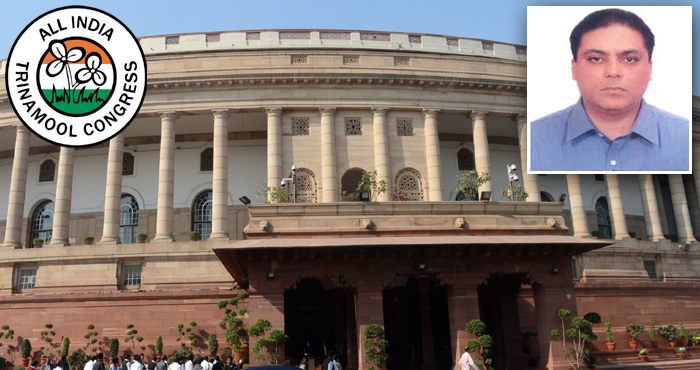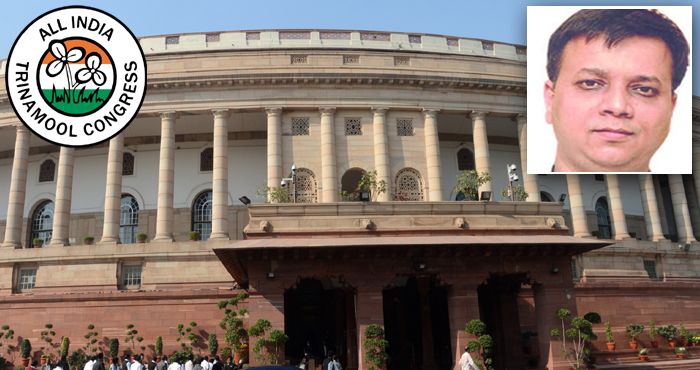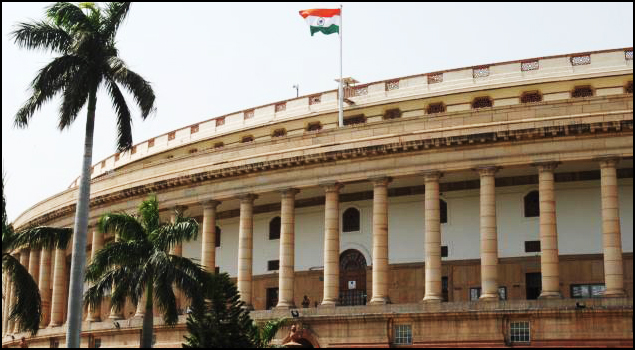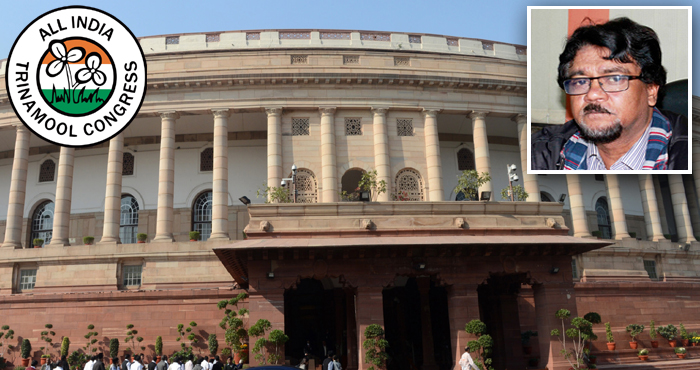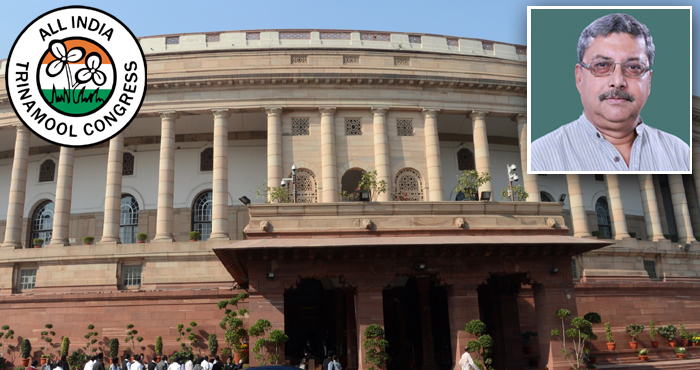FULL TRANSCRIPT
Sir, the State of West Bengal has been neglected for the release of various funds. Under MNREGA, the Centre owes us Rs 1546.87 crore, under Swachh Bharat Mission, Rs 1514 crore, under BRGF, Rs 2330 crore, under the food subsidy for 2015-16 and 1016-17, Rs 1584 crore, and further owed under Sarva Shiksha Abhiyan and other schemes. The State of West Bengal owed a total of Rs 10,469 crore. It’s a matter of great concern that these funds are not being released. The BRGF scheme covers 250 districts in 27 States. It is a unique sector fund as it puts the panchayats and the municipalities at the forefront of planning and implementation. In rural areas, it benefits 56 per cent SCs and STs, and 40 per cent OBCs; in urban areas, the figure is 47 per cent and 9 per cent, respectively. We have used the money granted under this fund for the development of the backward districts of Bengal through myriad ways which includes setting up of schools, multi super-speciality hospitals, it is, polytechnics, Kisan Mandis, girls’ hostels and electrification of villages.
Out of the water supply schemes sanctioned for six towns, those for four have already been completed; those for the other two are pending are funds are yet to be released. We have even started innovative programmes like the National Fibre Mission, a rural livelihood generation programme that helps leverage national fibres which are common throughout the State. One of the biggest success stories of the Trinamool Congress in the implementation of this fund has been to ease the Left Wing Extremism in the Jangalmahal region of Bengal, where there has been progress from violence to welfare. Numerous schools and hospitals have been built, and new blood banks, sick newborn care units (SNCUs) and sick rehabilitation centres have been established. However, the BTGS funds have been stopped by the Centre and the payment of Rs 2,330 crore is owed to the State of Bengal. The reasoning behind this is that since the Twelfth Five-Year Plan has ended, al payments under it have been stopped. It is clear that the Trinamool Congress Government attaches serious importance in improving the lives of people in the backward districts, and the money owed to it is absolutely essential for various critical welfare schemes.
I demand the immediate release of funds already mentioned so that the progress in the State of West Bengal can take place.

